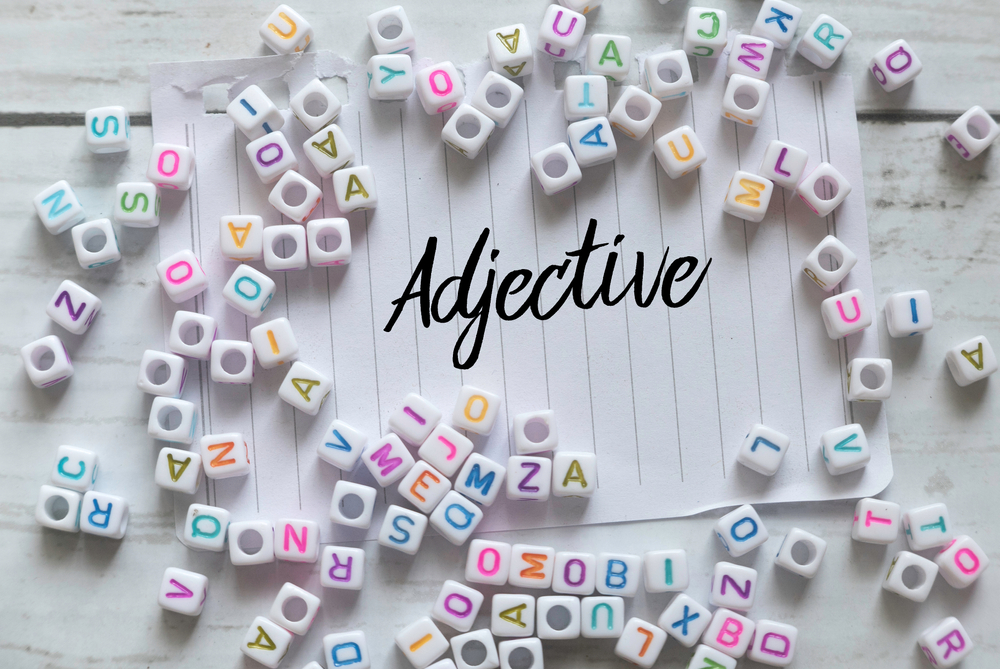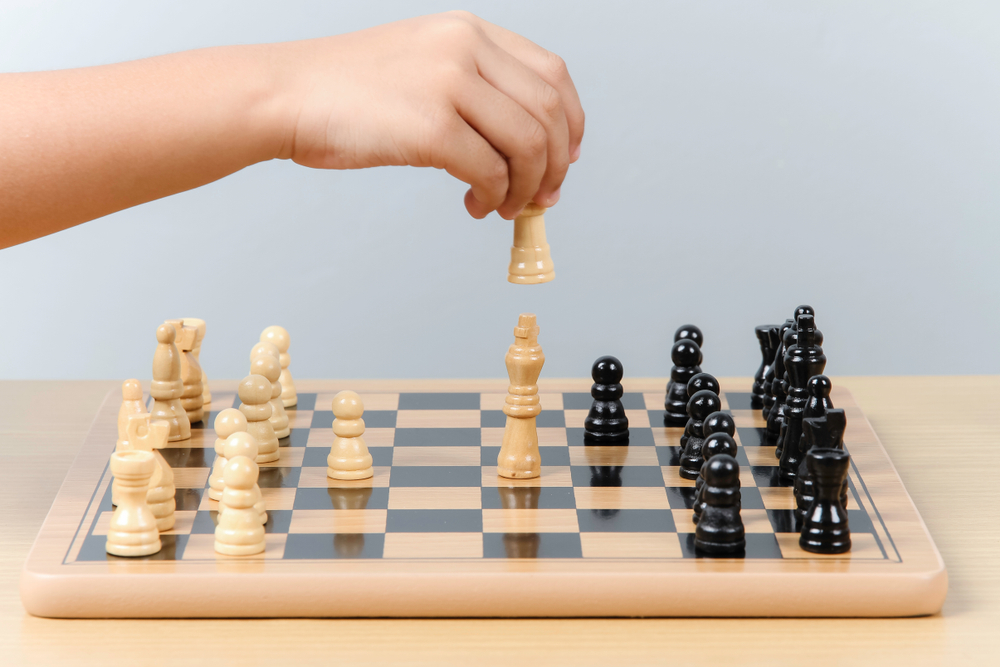Historical Knowledge Reading Worksheets for Ages 8-9
4 filtered results
-
From - To
Explore our engaging Historical Knowledge Reading Worksheets designed for children aged 8-9! These resources aim to spark curiosity and inspire young learners as they delve into significant historical events, figures, and cultures. Each worksheet features age-appropriate texts accompanied by thoughtful questions that enhance reading comprehension and critical thinking skills. Perfect for classroom activities or home study, our worksheets provide a dynamic way to promote historical literacy while making learning fun. Journey through time with your students and cultivate their understanding of the past. Visit our site to access a variety of worksheets that make history come alive for young readers!
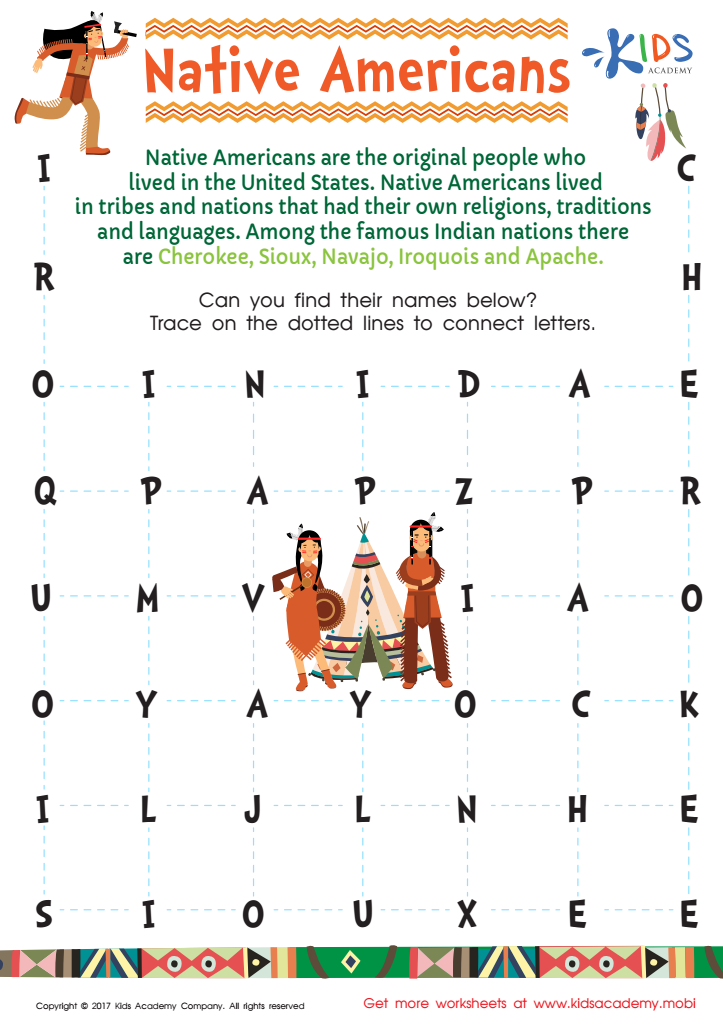

Native American Word Search Printable


Benjamin Franklin Worksheet
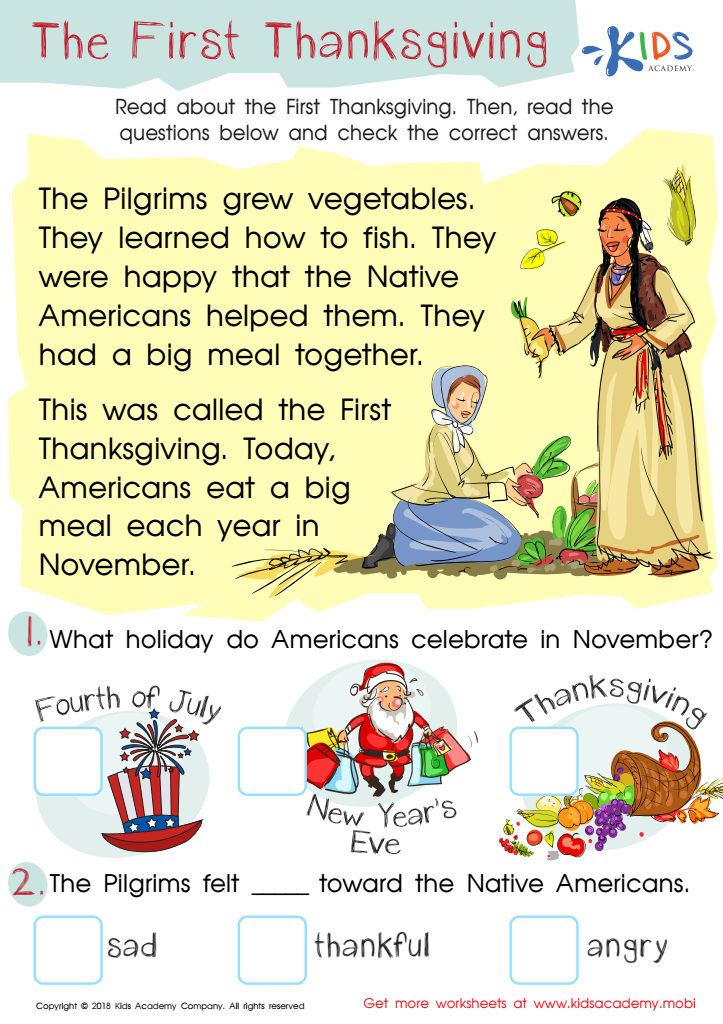

Assessment: First Thanksgiving Worksheet
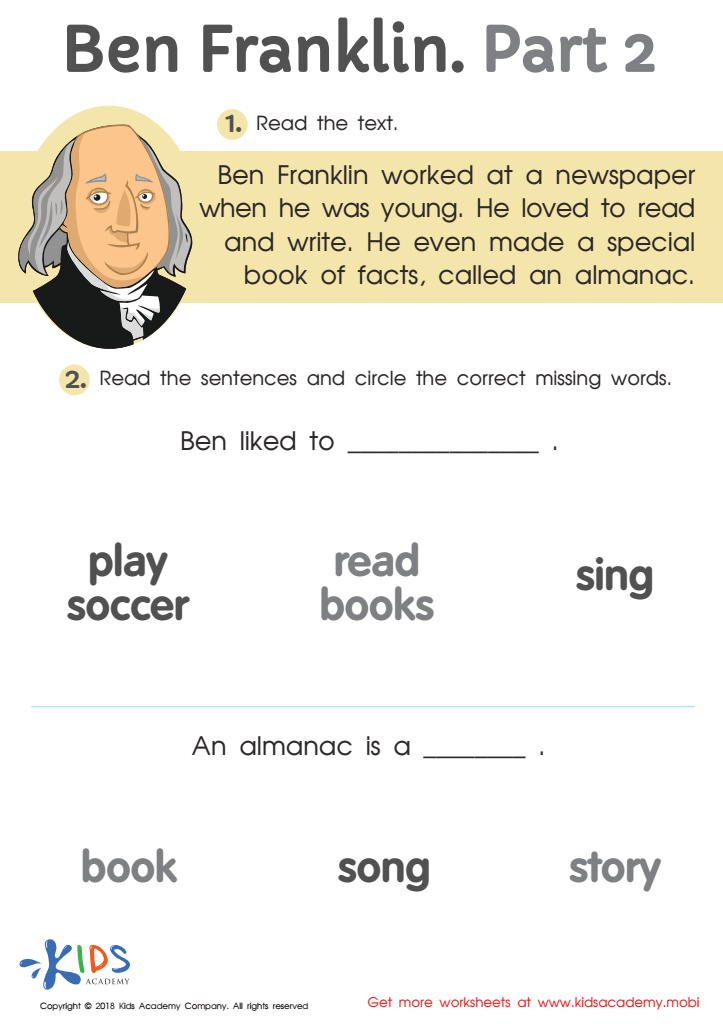

Ben Franklin Part 2 Worksheet
Historical Knowledge Reading is vital for children aged 8-9 as it forms the foundation for their understanding of the world around them. At this age, children are naturally curious and ready to engage with new concepts, making it an ideal time to introduce them to history. This genre offers a rich tapestry of stories, events, and figures that help develop critical thinking and analytical skills.
Engaging with historical texts cultivates empathy by allowing young readers to understand diverse perspectives and experiences across different cultures and time periods. It fosters a sense of identity, helping children connect with their own heritage while appreciating the shared narratives of humanity.
Moreover, Historical Knowledge Reading supports literacy development. Children enhance their vocabulary and comprehension skills by navigating narratives and understanding contextual vocabulary embedded in historical accounts. It also encourages discussion, enhancing verbal communication skills.
For parents and teachers, promoting historical reading is an investment in a child's future, enabling them to become informed, thoughtful citizens. Such reading not only informs them about the past but also equips them with the skills to navigate current societal issues and participate in community engagement meaningfully. Ultimately, it empowers them to recognize their role within a broader historical context.

 Assign to My Students
Assign to My Students





